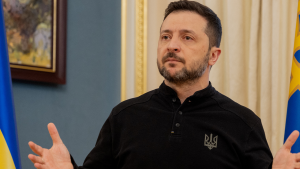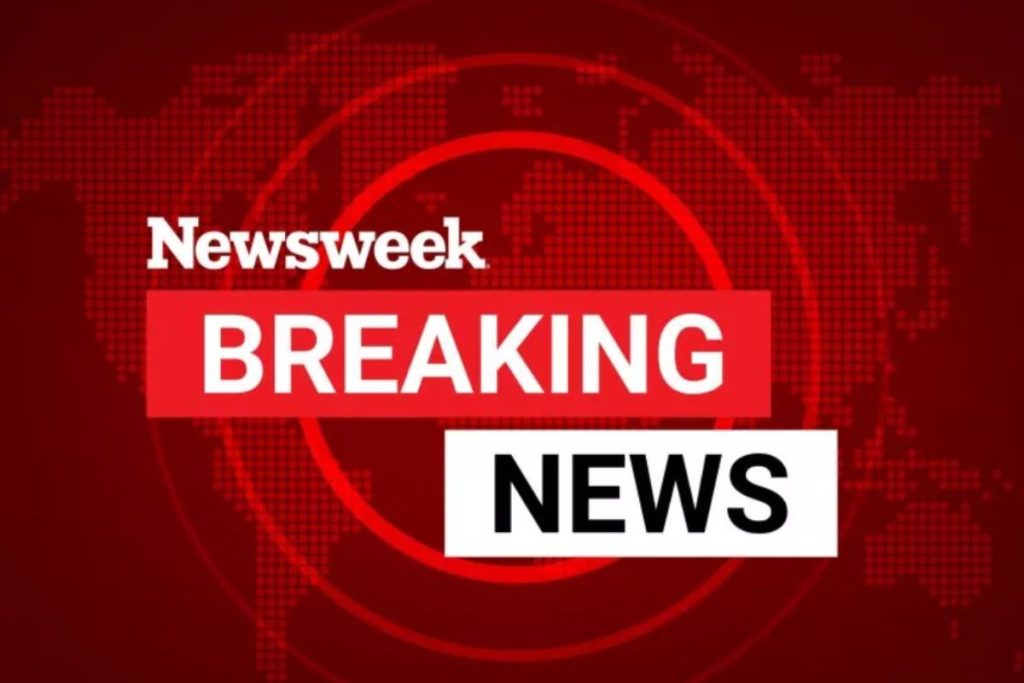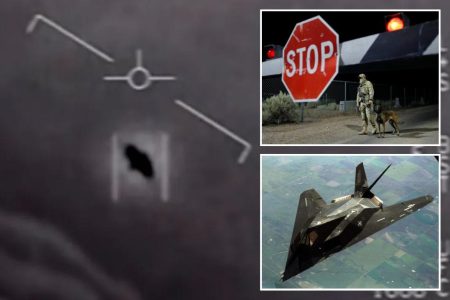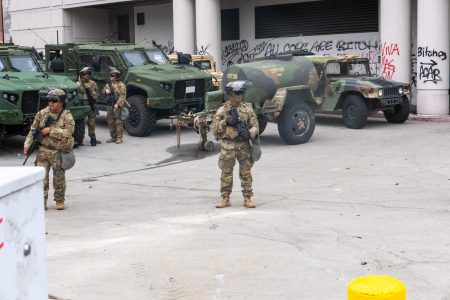The explosion of a Cybertruck in the vicinity of the Trump International Hotel in Las Vegas on Wednesday has triggered a full-scale investigation into the possibility of a terrorist attack, according to an official close to the ongoing probe who spoke to ABC News. The incident, which occurred in a highly visible and symbolic location, has immediately raised concerns about potential motivations and the broader security implications. Authorities are meticulously examining all available evidence, including witness testimonies, surveillance footage, and forensic analysis of the blast site, to determine the exact nature of the explosion and whether it was indeed a deliberate act of terrorism. The preliminary findings, while yet to be officially confirmed, suggest a level of sophistication that warrants a thorough investigation into possible connections to extremist groups or individuals. The fact that the explosion occurred near a property bearing the name of the former president adds a further layer of complexity to the situation, raising questions about whether the location itself was a targeted choice.
The immediate aftermath of the explosion saw rapid response from law enforcement and emergency services, securing the scene and attending to any casualties. While the full extent of the damage and any potential injuries remains unclear at this stage, the incident has undoubtedly shaken the city and raised anxieties. The prominent location of the blast, in a bustling urban area known for its tourism and entertainment, amplifies the potential for widespread fear and disruption. Authorities are working tirelessly to gather information and reassure the public, emphasizing their commitment to uncovering the truth behind the explosion and bringing those responsible to justice. The investigation, which is being treated with the utmost urgency, involves collaboration between local law enforcement agencies, federal agencies like the FBI, and potentially international partners, depending on the evolving nature of the evidence.
The potential classification of the incident as a terrorist attack brings with it a range of significant implications. It could signal a shift in the perceived threat landscape, requiring adjustments to security protocols and counterterrorism strategies. The choice of target, should it be confirmed as intentional, will be scrutinized for its symbolic value and any potential message the perpetrators intended to convey. An attack near a property associated with a former president could be interpreted as an attempt to provoke political instability or incite further divisions within an already polarized society. The investigation will delve into the background and motivations of any individuals or groups involved, exploring potential links to extremist ideologies or foreign actors. This painstaking process will require meticulous analysis of digital footprints, communication records, and financial transactions, among other sources of information.
The incident also underscores the evolving nature of security threats in the 21st century. The use of a Cybertruck in the explosion, if confirmed, raises questions about the potential vulnerabilities of emerging technologies and their potential misuse in acts of terrorism. The integration of advanced technology into everyday life presents both opportunities and challenges for security agencies, requiring constant adaptation and innovation in counterterrorism measures. The investigation will undoubtedly focus on how the vehicle was acquired, modified, and deployed, providing valuable insights into the methods and tactics employed by potential perpetrators. This information will be crucial in developing effective strategies to prevent similar incidents in the future.
Beyond the immediate security concerns, the explosion and its potential classification as a terrorist attack have broader societal ramifications. Such incidents can erode public trust, fuel anxieties, and exacerbate existing societal divisions. The investigation’s findings will be crucial in informing public discourse and shaping policy responses. Transparency and accountability will be essential in maintaining public confidence in the investigative process and ensuring that justice is served. The incident also highlights the need for ongoing dialogue and collaboration between government agencies, private sector entities, and communities to strengthen resilience and preparedness in the face of evolving security challenges.
In the coming days and weeks, as the investigation progresses, more information is expected to emerge. Authorities will likely remain cautious in their public statements until they have gathered sufficient evidence to draw definitive conclusions. The focus will remain on identifying the perpetrators, understanding their motivations, and ensuring that all those responsible are held accountable. The incident serves as a stark reminder of the ongoing need for vigilance and cooperation in combating terrorism and safeguarding national security. The investigation’s findings will not only shed light on the specific circumstances of the Las Vegas explosion but also contribute to a broader understanding of the evolving nature of security threats and the strategies needed to address them effectively.










